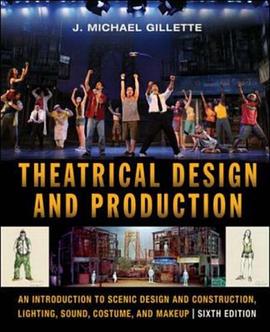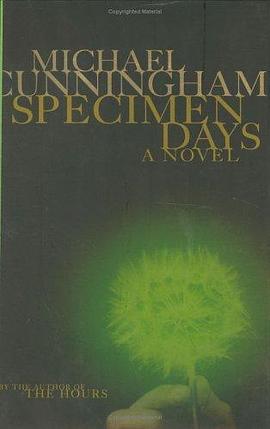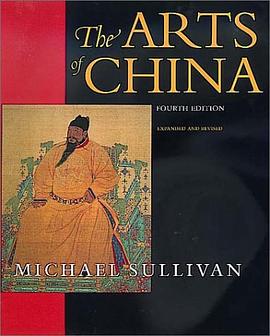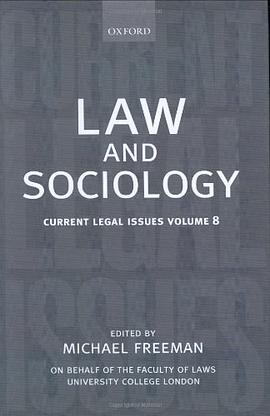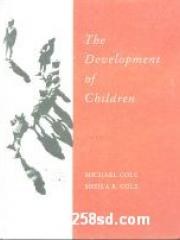

PREFACE<br > Our goal in writing this book has been to provide a children s development by shaping both the laws and<br > broad foundation for understanding child develop- the norms that govern child-rearing practices.<br > ment. In preparing this foundation we have attempted Many child-care issues will be familiar to readers,<br > to build on the natural interest students have in human either from their own experience or from stories they<br > natu, e and on their own experience. We have been have heard or read. We believe that such experience,<br > gui& d in our effort by the belief that in attempting to combined with good common sense and a lively inter-<br > achi,:ve such understanding it is a mistake to make est in children s behavior, is an essential starting point<br > shari distinctions in developmental psychology be- for the deeper understanding of development that we<br > twe,: ~ practical, theoretical, and research orientations, seek to foster in this book.<br > Trul~ fundamental knowledge in developmental psy-<br > ch( i, ,~y, we believe, must draw on and illuminate all<br > three orientations if it is to serve the broad range of<br > inte~ , ,ts that students bring to this topic. Theoretical Orientation<br > There is a lot of truth in the idea that nothing is so<br > practical as a good theory. A deep understanding of<br > development requires familiarity not only with its phe-<br > Pra,:iical Orientation nomena but also with theories that provide coherent<br > Th~ .mthors of The Development of Children are two interpretations of the facts, allowing one to anticipate<br > people who have known each other since adolescence, the consequences of various courses of action.<br > The major difficulty in introducing readers to the<br > who have shared an interest in children s development theoretical underpinnings of child develoipment is the<br > from the time they were teenagers working as camp<br > cuunselors, and who have raised their own children, absence of a single, broadly accepted theoretical<br > Each of us also has a professional interest in child framework for understanding development. We have<br > development. Sheila Cole is a journalist who has writ- adopted two strategies to deal with this problem. First,<br > ten articles about children and books for children, we frame our presentation in terms of the enduring<br > Michael Cole is a psychologist who has specialized in issues that all theories of development must resolve:<br > the study of children s learning and cognitive develop- how biological and environmental contributions (na-<br > ment. In our personal and professional lives our inter- ture and nurture) are woven together and the extent to<br > est in children has been closely linked to practical which the interaction of these factors results in dis-<br > continuities in the nature of the organism during the<br > activities to foster their development, dynamic process of development. Second, we present<br > Reflecting this orientation, we include many discus-<br > sions of practical problems in child development: for competing theories in a constant dialogue with one<br > example, how to design effective environments for another and with the practical issues that they were<br > to address. Rather than gloss over differences<br > premature infants; how to promote children s intellec- designed attempted to build an appre-<br > tual skills, self-control, and participation with other among theories, we have<br > children at play; and how to help children to recover ciation of the basis for their competing interpreta-<br > from traumatic experiences. We also include many tions. Then we have tried to move beyond them to<br > examples drawn from the everyday lives of children show how each perspective contributes to an overall<br > that illustrate how beliefs about children influence understanding of development.<br >!<br >
具體描述
讀後感
用戶評價
相關圖書
本站所有內容均為互聯網搜索引擎提供的公開搜索信息,本站不存儲任何數據與內容,任何內容與數據均與本站無關,如有需要請聯繫相關搜索引擎包括但不限於百度,google,bing,sogou 等
© 2025 onlinetoolsland.com All Rights Reserved. 本本书屋 版权所有

